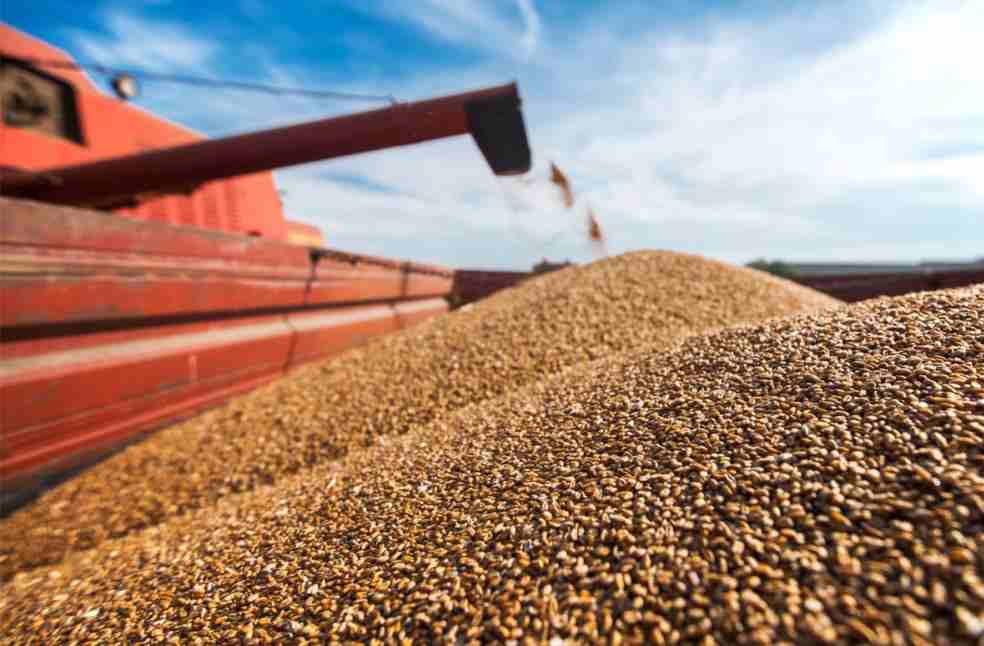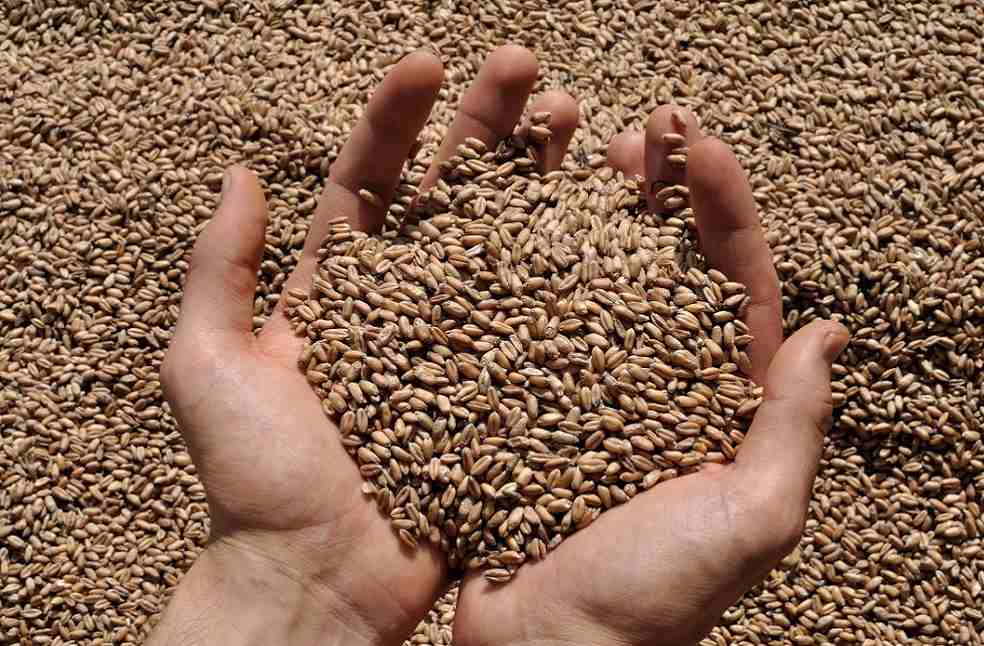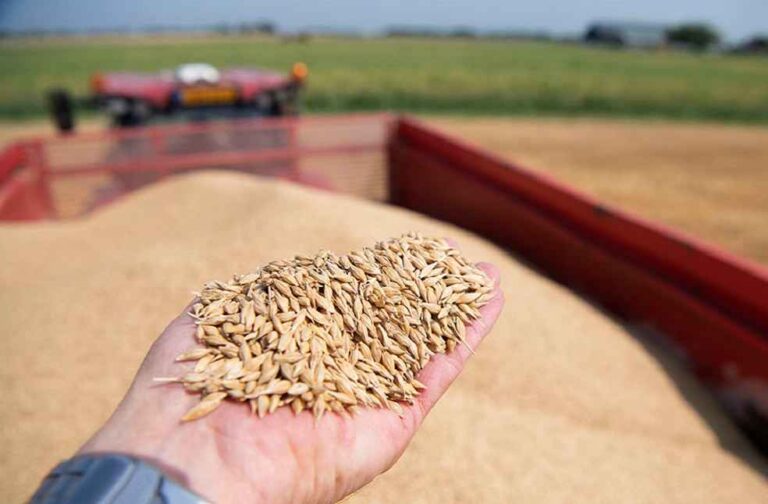Poland, Ukraine, and Lithuania united to sign a significant deal aimed at enhancing global grain distribution. This agreement is set to streamline Ukrainian grain exports, extending their reach well beyond Europe.
The deal will relocate the customary Ukrainian grain inspections from the Ukraine-Poland border to a designated port in Lithuania on the Baltic Sea. “From tomorrow, grains that transit (to world markets) via Lithuania will undergo checks at a Lithuanian port and not at the Poland-Ukraine border,” declared Polish Agriculture Minister Robert Telus.
After passing rigorous inspections for plant diseases and pests, these grains will be primed for global dispatch from the strategically positioned Lithuanian port of Klaipeda.

The main objective of this initiative is to facilitate a smoother transit of Ukrainian exports across Polish territories, as detailed by an official statement from the Ukrainian farm ministry, although further particulars remain undisclosed.
Background of the Agreement: Resolving Disputes
The agreement comes at a crucial time, potentially diffusing tensions between Poland and Ukraine caused by a temporary embargo on Ukrainian grain imports. Russia’s intervention hindered Ukraine’s access to its primary Black Sea routes, pivotal for exporting grains globally. As a result, a significant surplus of grain accumulated in EU countries adjacent to Ukraine, inadvertently suppressing local grain prices.
To address this, Brussels temporarily authorized some nations to impose embargoes on Ukrainian grains. despite the EU lifting these measures in mid-September, countries including Poland, Hungary, and Slovakia continued with the ban, leading to diplomatic tensions. In retaliation, Ukraine sought redress from the World Trade Organization.

While facing these diplomatic hurdles, the EU nations emphasized their commitment to ensuring the continuous flow of these grain products, especially to areas experiencing acute food shortages.
Ukraine’s Formidable Presence in the Global Grain Sector
Ukraine’s prominence in the global food market is undeniable. As a dominant supplier of wheat, barley, corn, and vegetable oil, the country has faced numerous challenges in distributing its commodities to areas in need, especially after the Russian invasion.
European Commission statistics highlight Kyiv’s influential role in the global grain trade. It commands 10% of the wheat market, 15% of the corn market, and 13% of the barley market. Holding over 50% of the world’s sunflower oil trade, Ukraine’s significance in the sector is undeniable.

Given the current geopolitical and economic dynamics, this tri-nation pact signals a hopeful turning point for the future of the grain industry and inter-country relations.
IMEX SECTOR | Paris Wheat Dips After US Data Reveal, Black Sea Competition Persists



